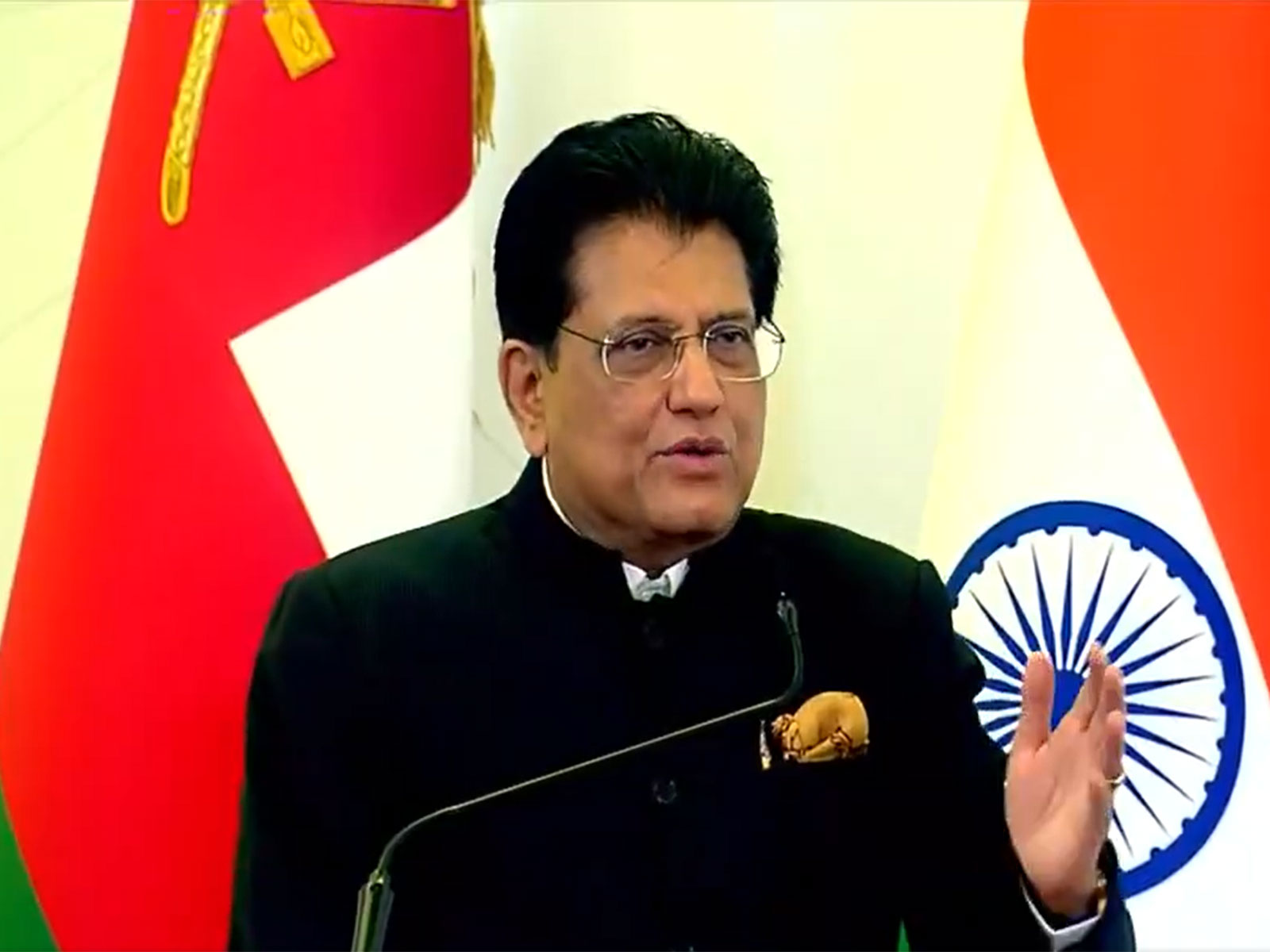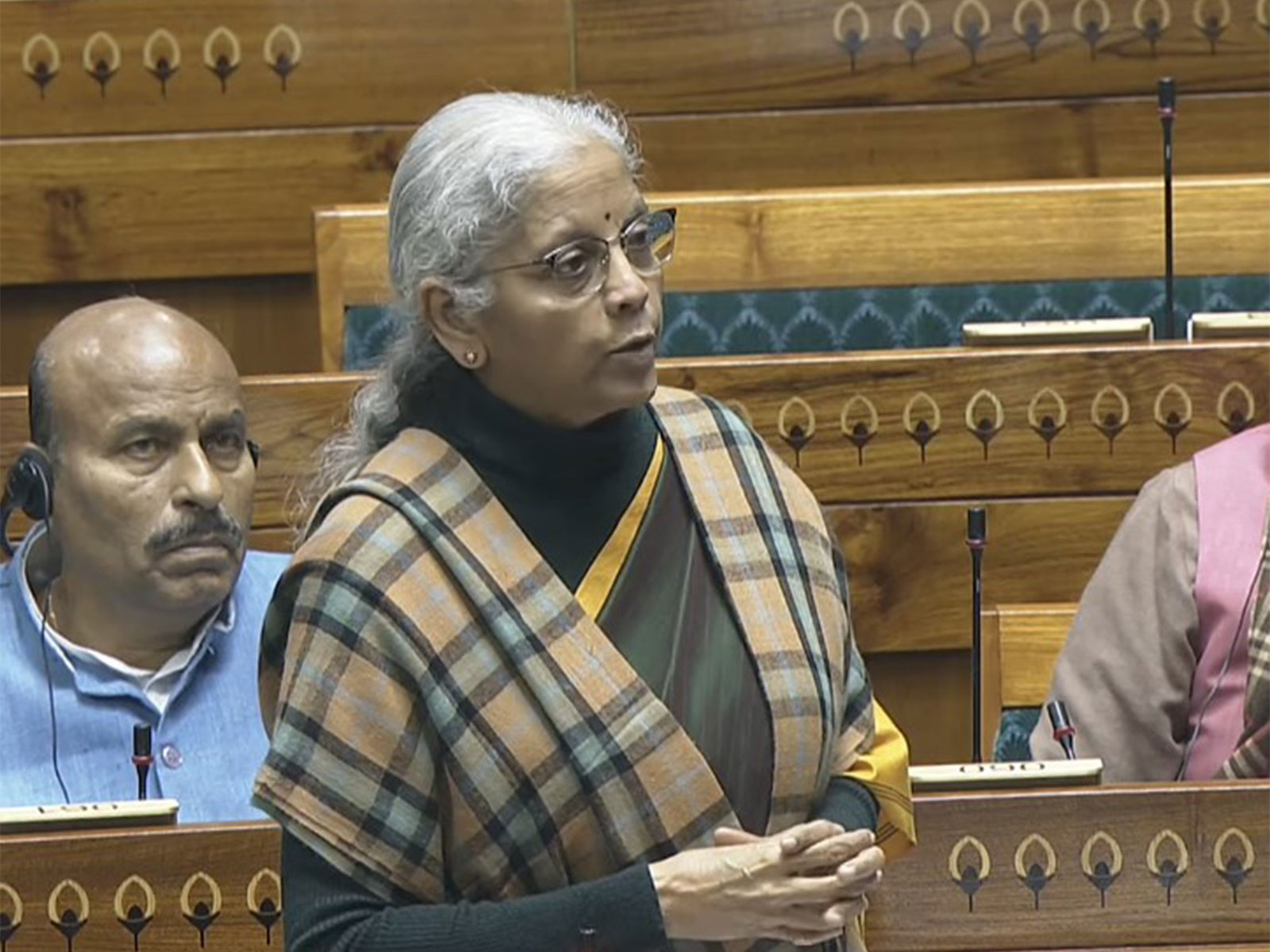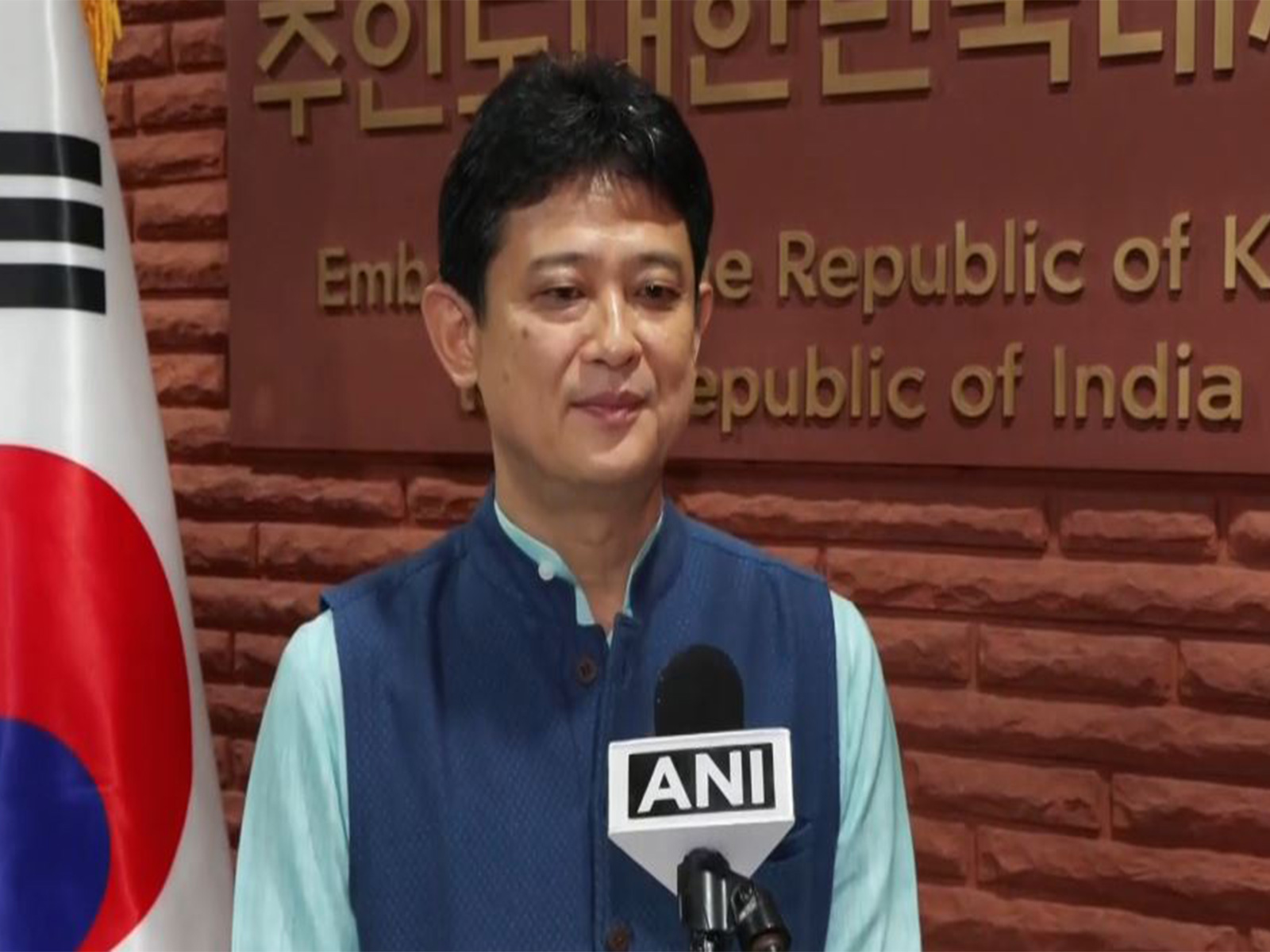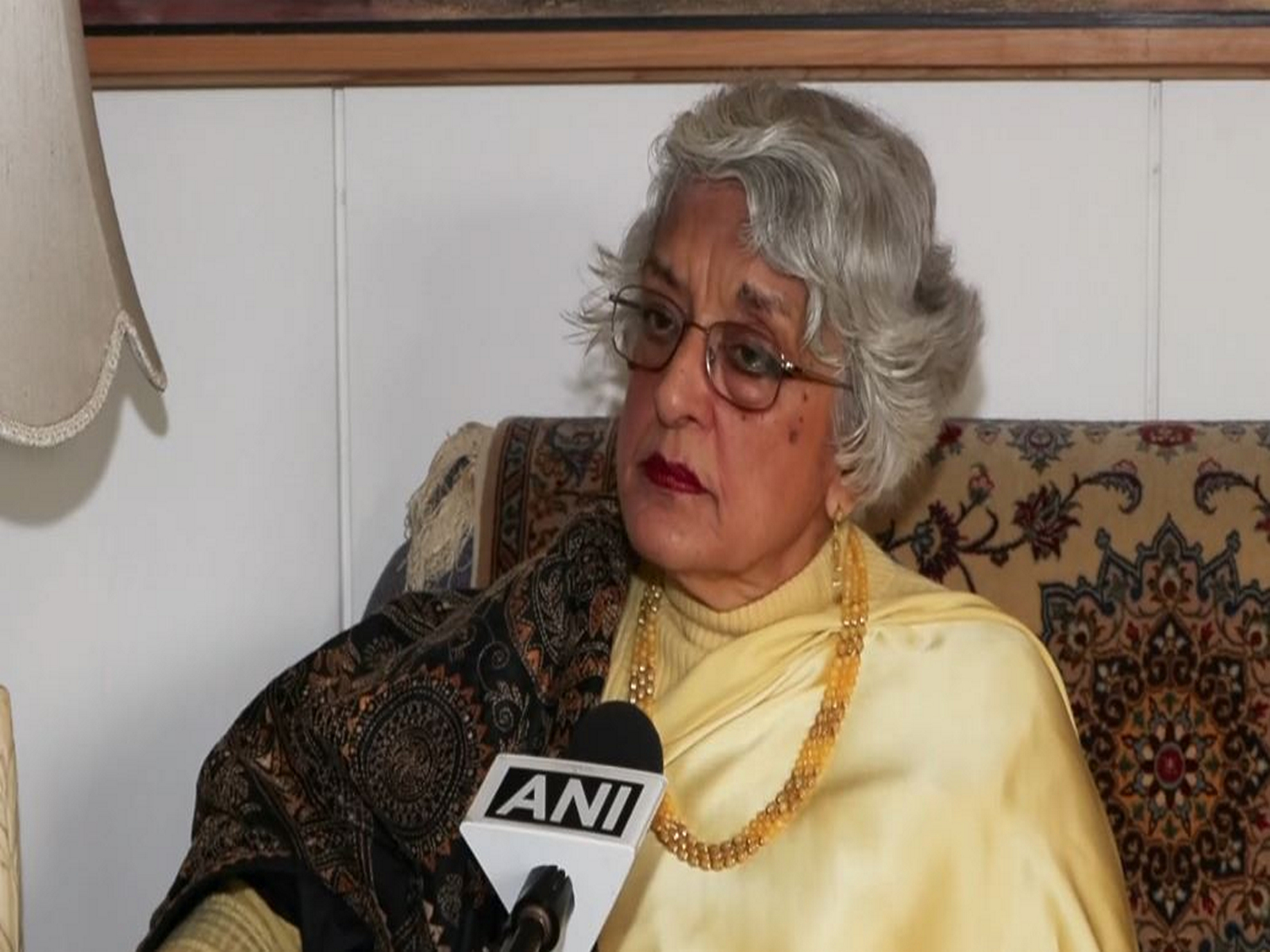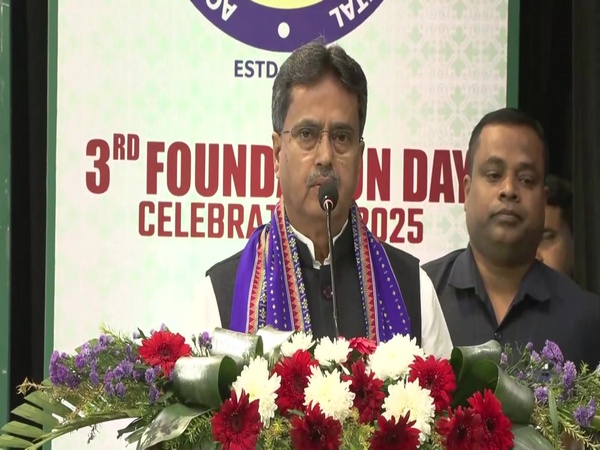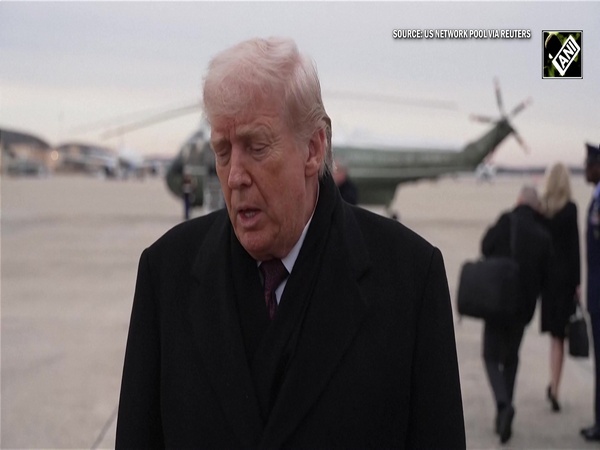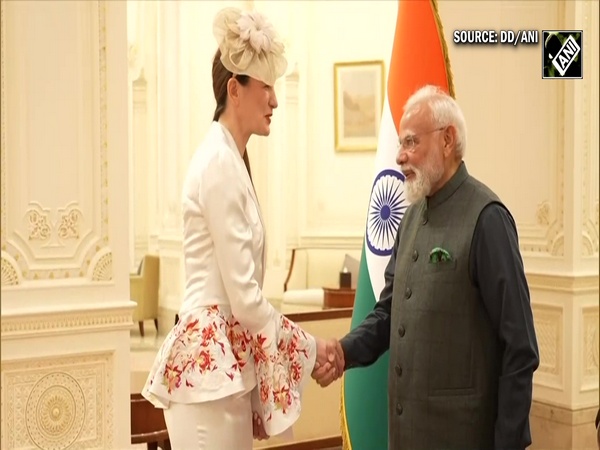CESL pitches for Delhi government's shift to electric vehicles
Feb 27, 2021

New Delhi [India], Feb 27 : Convergence Energy Services Ltd (CESL), a wholly-owned subsidiary of Energy Efficiency Services Ltd (EESL), has announced support for the Delhi government's switch to electric vehicles.
The Delhi government has mandated all its departments, autonomous bodies, and grantee institutions to shift their existing fleet of hired conventional fuel vehicles to electric variants within six months.
The Delhi EV Policy 2020 says all departments of the government of NCT of Delhi will have to shift their existing hired petrol, diesel and CNG vehicles to electric vehicles via lease model through Government e-Marketplace (GeM) portal or through EESL.
CESL is a registered body on the e-Marketplace, and provides with ecosystem based services to enable such a system-based conversion.
Mahua Acharya, CEO and Managing Director of CESL, said it is admirable to see the Delhi government take a leadership role in accelerating the adoption of electric mobility.
"Taking a system-wide approach is also exactly the way this should be done, and the Delhi Government has indeed gone this way. This shift will do a lot for residents of the NCT area too, addressing air and noise pollution while simultaneously signalling to the market its seriousness around electric mobility," she said.
The adoption of electric vehicles in India is being encouraged by the central government with a target to reach 30 per cent by 2030. Nearly 70 per cent of all commercial cars, 30 per cent of private cars, 40 per cent of buses and 80 per cent of two-wheeler and three-wheeler sales will convert to their electric variants.
Delhi has a target of 25 per cent EVs for all new vehicle registrations by 2024.
CESL has taken the lead by deploying 1,500 electric vehicles and over 1,000 charging stations. With the help of the government subsidy, the aim is to reach 10,000 charging stations in three years.
CESL says it will take this effort to the next level by rolling out innovative clean energy-based transport solutions as a whole, not just electric cars. It will invest in solutions that lie at the confluence of renewable energy, electric mobility and climate change.
